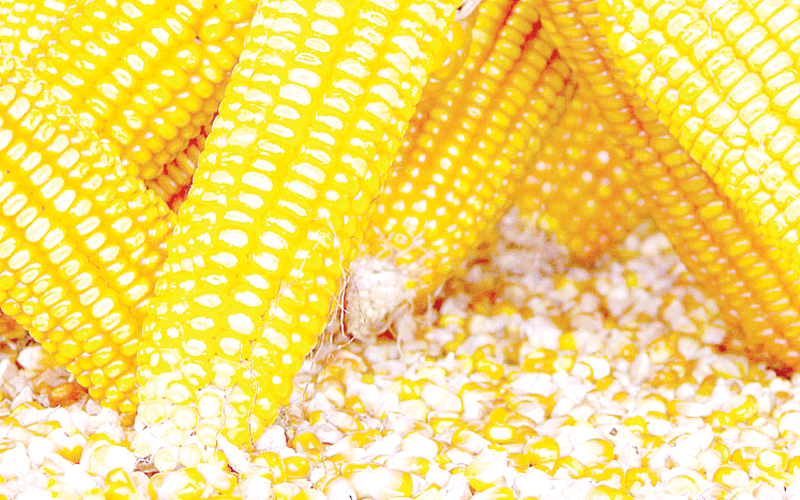Spare Kenyans pain of maize shortage
By PD columnist, June 14, 2022It is unfortunate that for a country which depends on maize and maize flour as a staple food, Kenya has not been able to resolve the underlying problems bedevilling the crop’s value chain.
Every year, stakeholders in the maize value chain – starting with policymakers all the way to private sector players – play catch up in the race to provide enough maize to meet local consumption demand.
The default position appears to be to open a duty-free importation window every time stocks run low, rather than find long-term ways to boost production.
That some small millers have been contemplating taking a break from production due to lack of enough maize signals that the stage is set for yet another scramble for the little available stocks, a move that will increase the cost of flour further. This is a scenario that is too serious to contemplate especially in an electioneering period.
To ameliorate the looming price increases, large-scale millers, who are still operating because of the imports from Zambia and Malawi, should allow the available resources to be distributed throughout the economy much faster to avoid shortages.
Already a two-kilogramme packet of maize flour is being sold for Sh150, up from Sh120 a few months ago. This as the country awaits the arrival of some 600,000 tonnes ordered by the State to offset looming shortages and curb the rising cost of flour. Unfortunately, small-scale millers, who account for close to 70 per cent of the local flour market share, may not access this consignment.
Further, reports that maize yields are expected to be drastically lower this season in the region – paint a gloomy picture of the country’s food security situation. With the elections just around the corner, the State should neither risk making food an issue in an already polarised political environment nor should it forget there is drought in at least nine counties while 12 others are at risk.
Equally important, the State must ensure that players in the private sector are monitored to ease the distribution of the product. The funds set aside for cushioning drought-hit regions should be utilised properly.
The future should be planned with policies that will ensure enough supplies of food commodities for Kenya’s growing population. The talk about implementing climate-smart policies such as irrigation should no longer be a song but a way of life.
All the money that the government is using to import maize should ideally be in the pockets of Kenyan farmers and ways ought to be found to make this the new normal perennially.
More Articles

